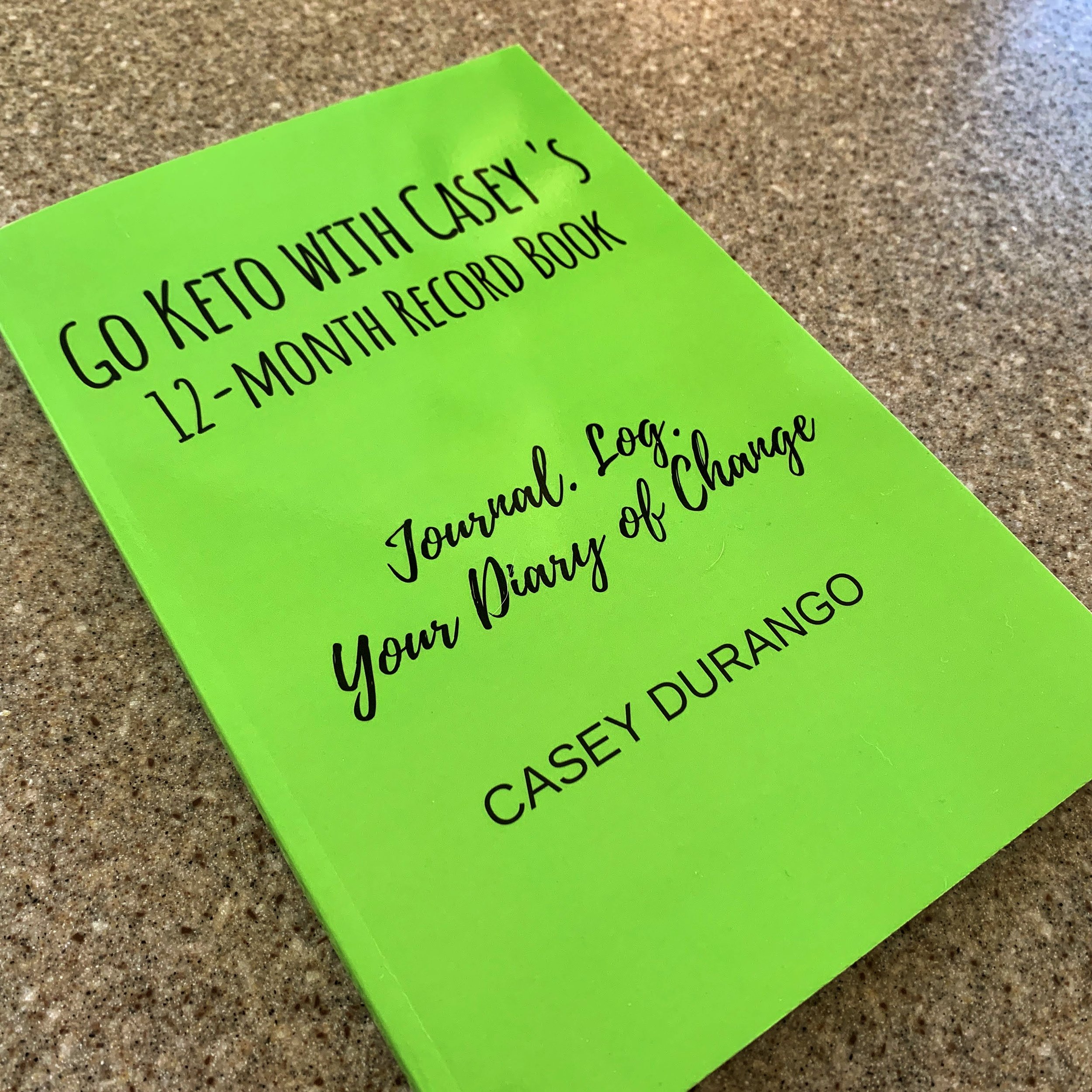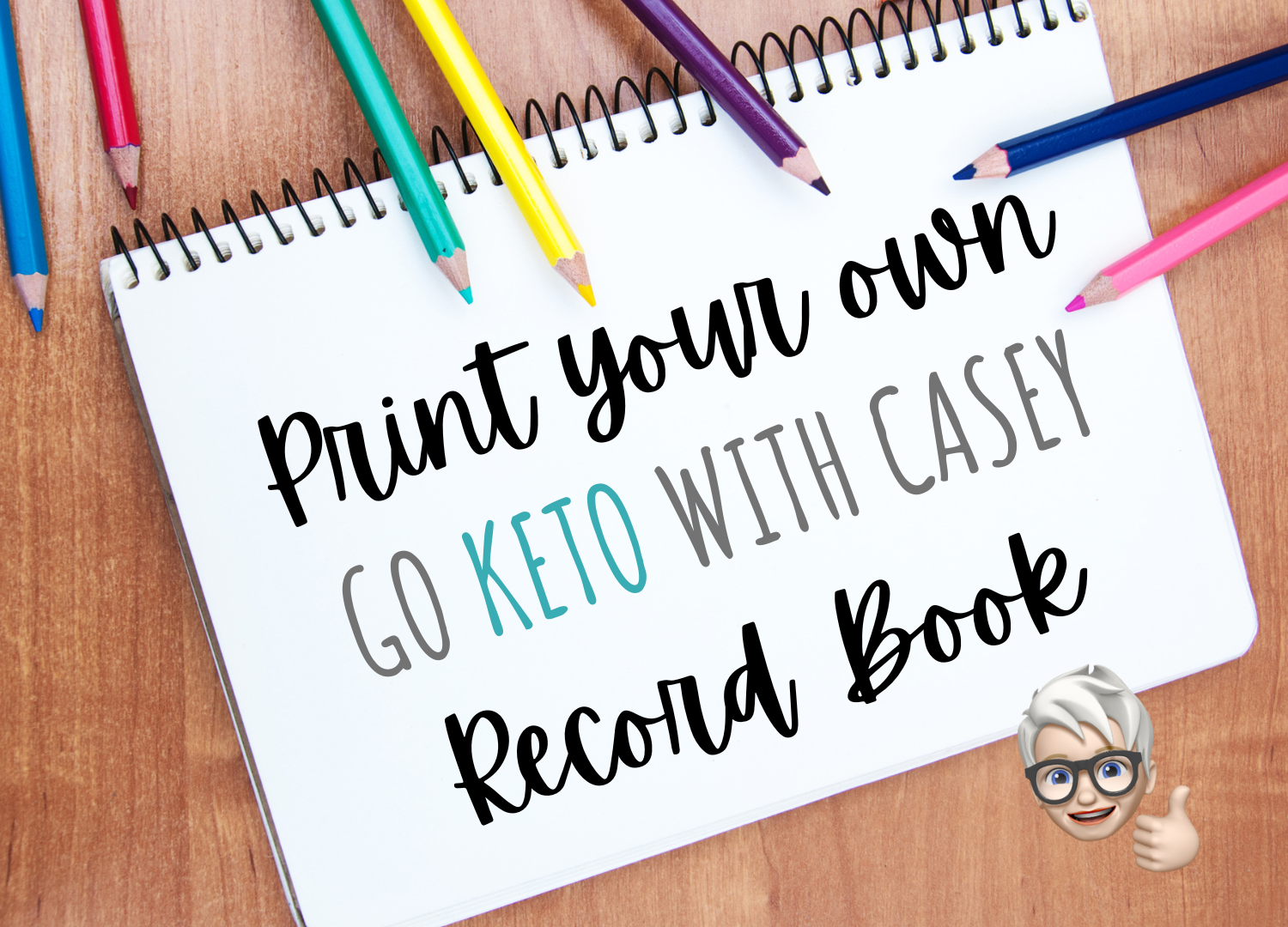Step off of, and Away from, the Scale
/Step off if it bums you out! Just stick to the plan and pay attention to all the other great benefits!
One can be forgiven for assuming that the success of the ketogenic protocol - or any nutrition plan - is measured by whatever readings show on a bathroom scale. After all, we’re pummeled by mandates, advertisements, and admonishments that overweight is the root of all misery. Our doctors, so-called fitness magazines and countless commercials remind us that losing weight is the ultimate goal, always. Insurance charts, apps, and our own memories of what we weighed on that day back in high school or college or the day we got that great compliment and felt so good about ourselves is attached to a number. A number on a scale.
The thing is, a number on a scale should be the last measure of our success once we start fueling our bodies with the food we were designed to eat. It’s common that after only a few days of following the diet, keeping carbohydrate intake sufficiently low so our liver stops pumping out glucose (sugar) for fuel, allowing our bodies to start burning ketones (fat) for fuel, one may lose a just bit of weight but experience fairly dramatic changes in energy, joint pain and mental acuity. Appetite suppressed, cravings diminished. These are all wonderful things, right?
Right?
So why would we bemoan the oft-repeated theme of ‘I’m so glad to be feeling better but I’ve been doing the ketogenic diet perfectly for two weeks and I’ve only lost five pounds", or something along those lines?
There are so many things wrong with this thought process. Where to start?
For one thing, one wouldn’t say ‘I’ve only gained five pounds in two weeks”. Nope. That would be grounds for doubling up on therapy sessions.
For another, feeling better is the point. Isn’t it? Is there a point in being thin if one feels unwell? I know, I know. In some minds the Wallis Simpson assertion that one “can never be too rich or too thin” may seem true. Then again, the world is full of miserable rich, skinny people. Plus, things didn’t end so well for her.
So, how can feeling better not be enough, at least for a start? I vote that the scale move way down the list as far as success metrics go. Let’s concentrate on being able to stand up from a sofa without groaning from back pain, not needing antacids or afternoon naps just to get through the day. How about being happy about being able to bend over to weed the garden or to sit behind the steering wheel of the car without worrying that our body could be listed as a driving hazard. Or being able to wear our wedding rings after years of seeing them in our jewelry box, sadly missing us. Clothes fitting loser - or fitting at all - and moods regulated from chronic anxiety and depression.
Should all these things not be good enough? Should they not, indeed, be more important than an arbitrary measure on an inanimate object? And why the heck do we allow our days to be ruled, ruined, and wrecked by fluctuations of weights less than a stick of butter? I mean, really.
For some of us, the internal healing our bodies must experience takes time. And is invisible. It’s like a kitchen remodeling project where the contractor finds dry rot and outdated electrical service that needs to be addressed before the new appliances and granite counters can go in. Proper floor joists and correct circuit breakers may not be flashy or sexy but are more important than a stainless steel fridge and under cabinet lighting.
For me, although I had a great deal of weight to lose from my 5’1” frame, the first year I lost forty-seven pounds. That’s less than a pound a week on average. The next fifty-pound loss came over the next two years.
Not exactly Speed Racer territory.
But the way I felt, or perhaps, more importantly the way I no longer felt, meant more to me than any numbers on my Aria scale. And I weighed (and still do) every day. Have done since December 18, 2000. The difference is that, since starting the ketogenic diet, whatever number looks up at me from my bathroom floor has no emotional impact. It’s merely been data. Not destiny.
Let’s live our lives as strong people, not ruled by food. Not confined to aching bodies. Not sitting on the sidelines. No matter what a scale reads.
And, if all else fails, start weighing in British stone? That number would be so much lower! Who wouldn’t like to weigh, like, 8?
At any rate, stick with the protocol. Tune in to the really important changes and improvements. If the scale serves you, use it. If it has the power to bump you out all day, ditch it.
There’s simply too much else to calibrate, commemorate, and celebrate.
Disclaimer: I’m not a medical doctor, researcher or PhD but rather a I’ve been fortunate to have had the time and resources to research the ketogenic diet, also known as LCHF (low carb/high fat). The information I share is based solely on my understanding of that research. We are all responsible for our own choices, including what we put in our mouths and there’s no substitute for each of us checking things out ourselves. And I’m not a medical professional in any way. Go Keto With Casey is not a medical site. “Duh,” you might say. But best to make it clear to all. I welcome questions, comments and even civil criticism. I’m still learning. So, if you have something to add, go for it. Links in this post and all others may direct you to affiliate links, where I will receive a small amount of the purchase price of any items you buy through those links. Thanks!



































